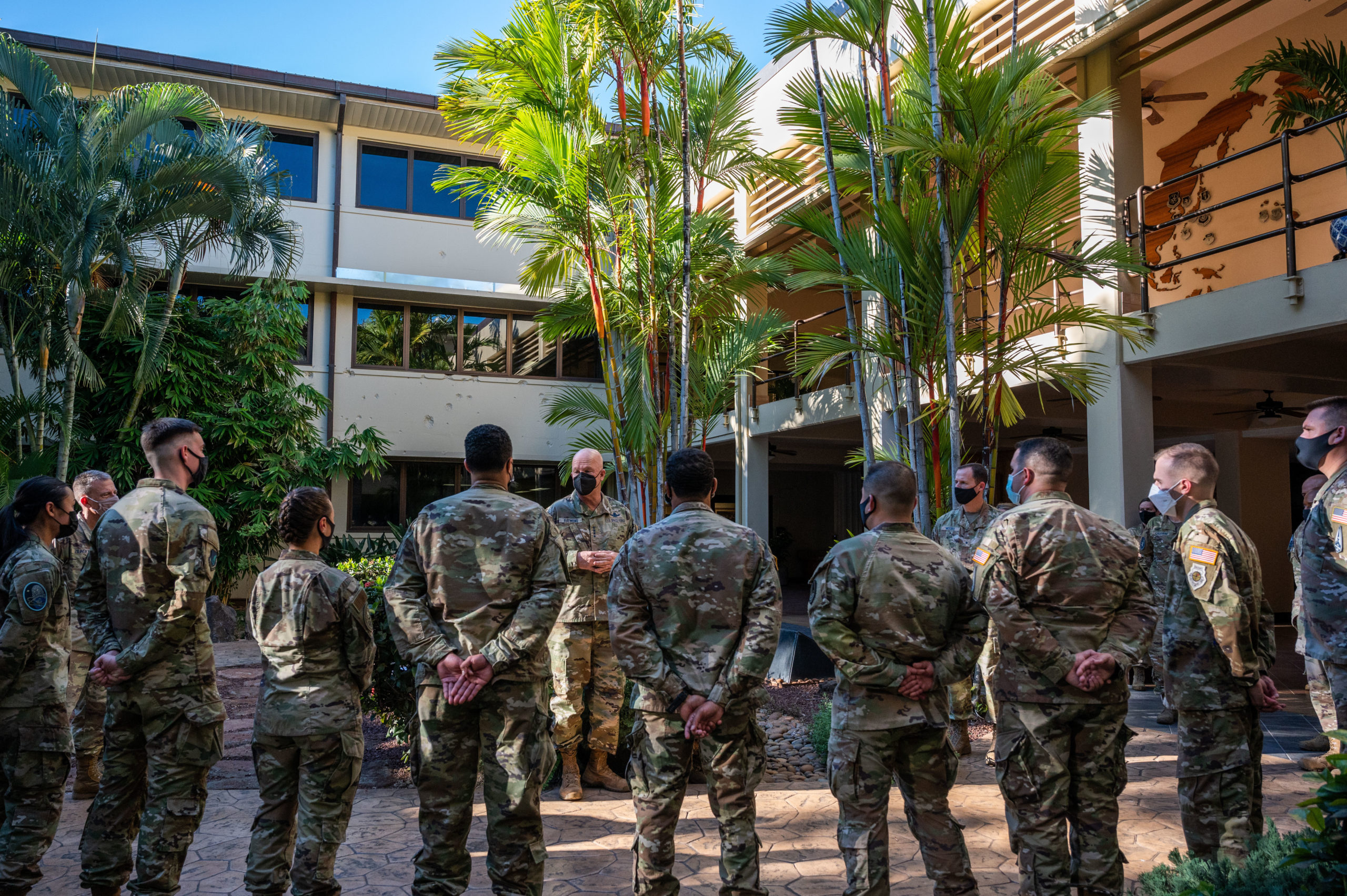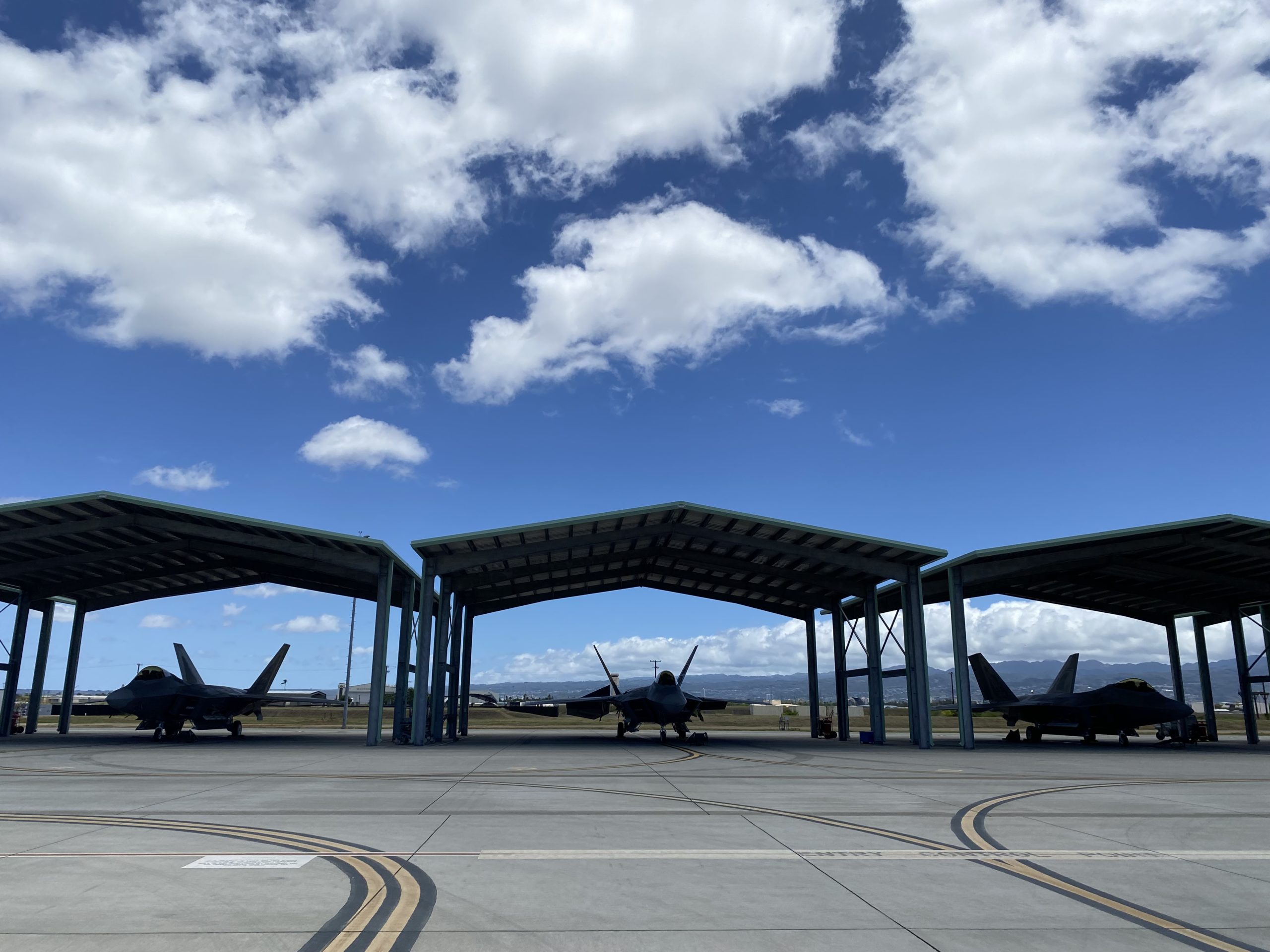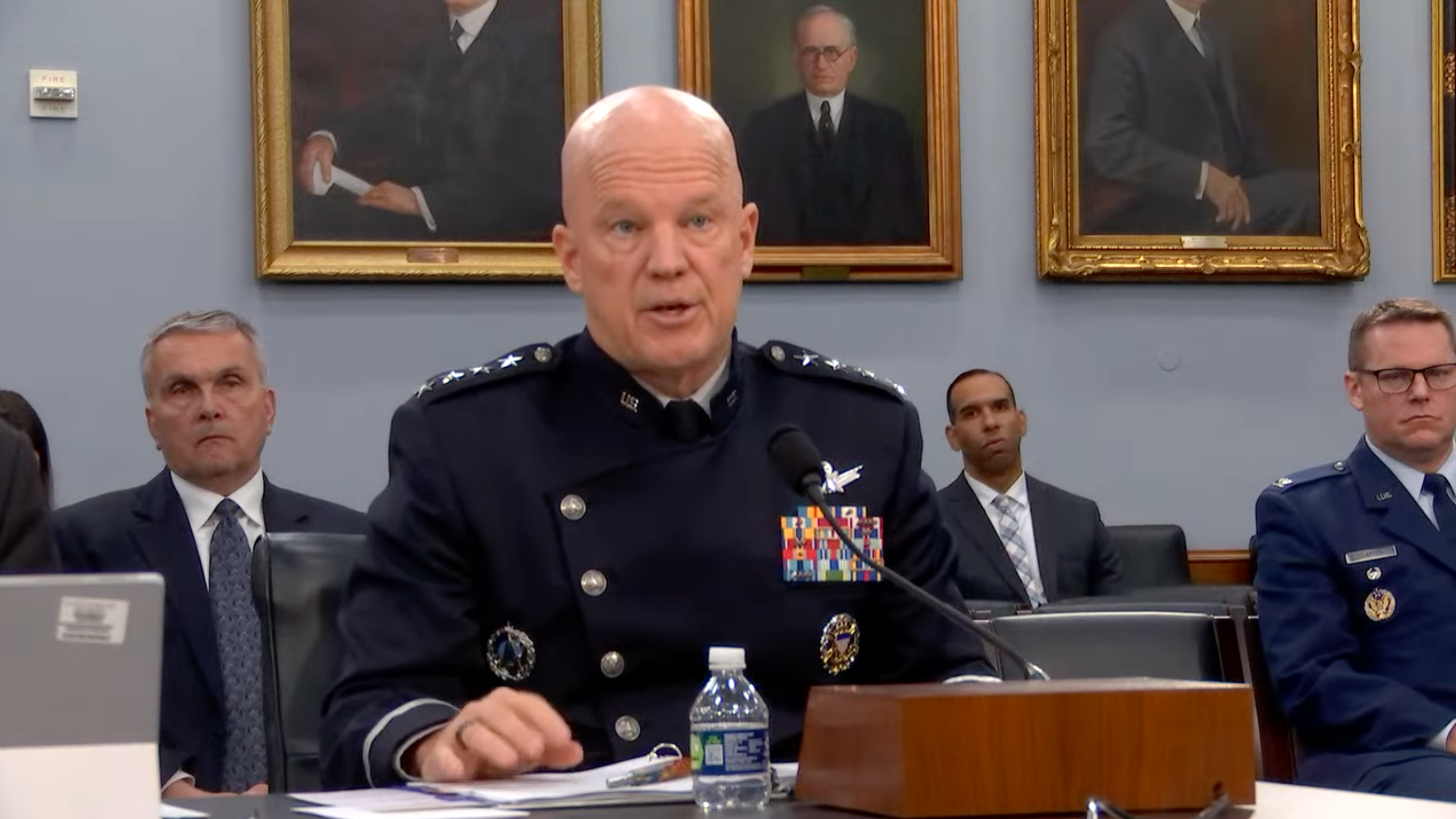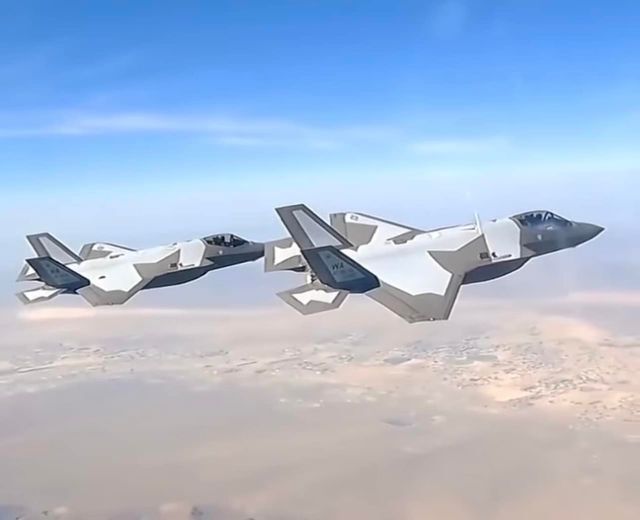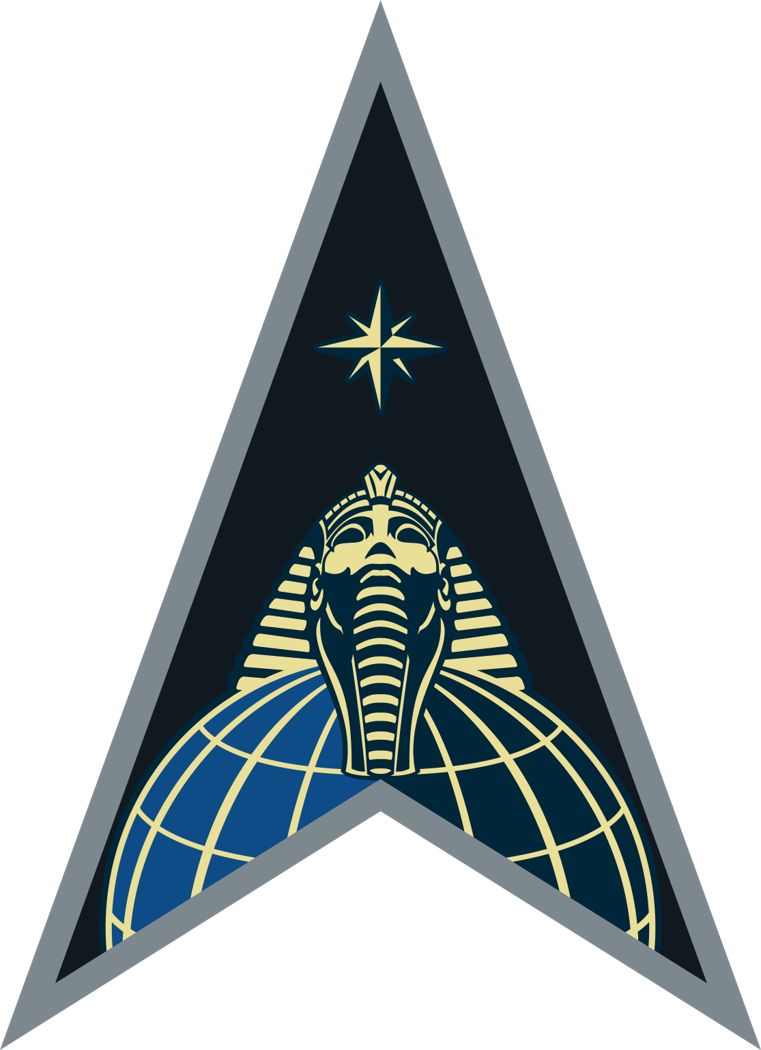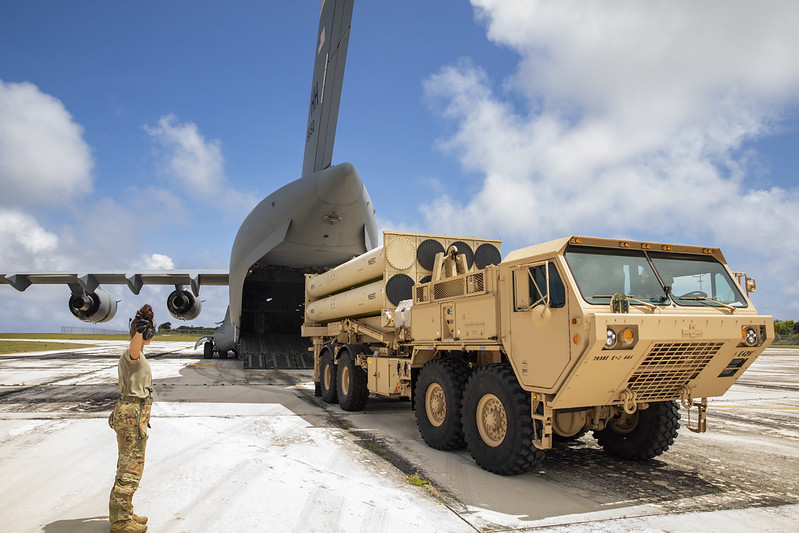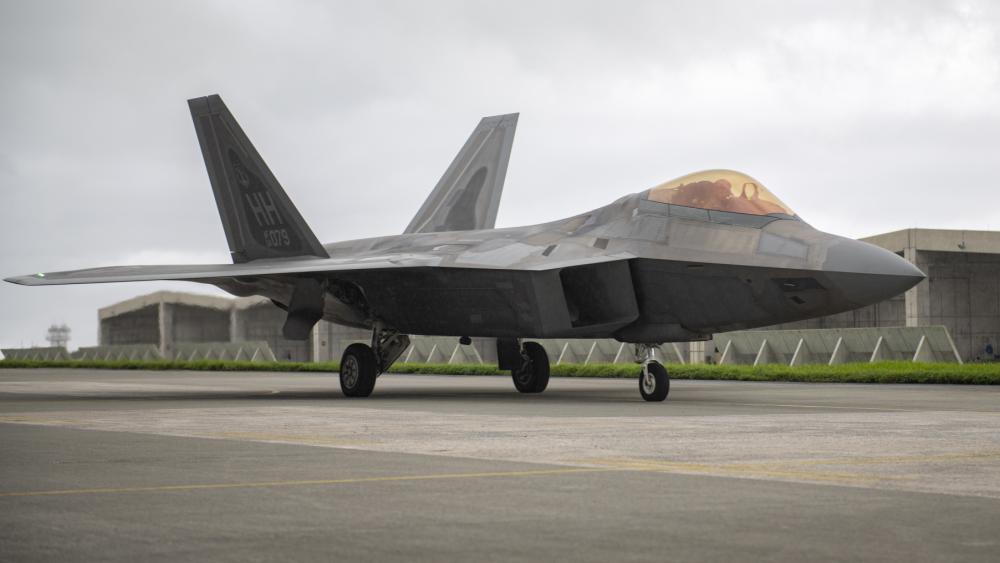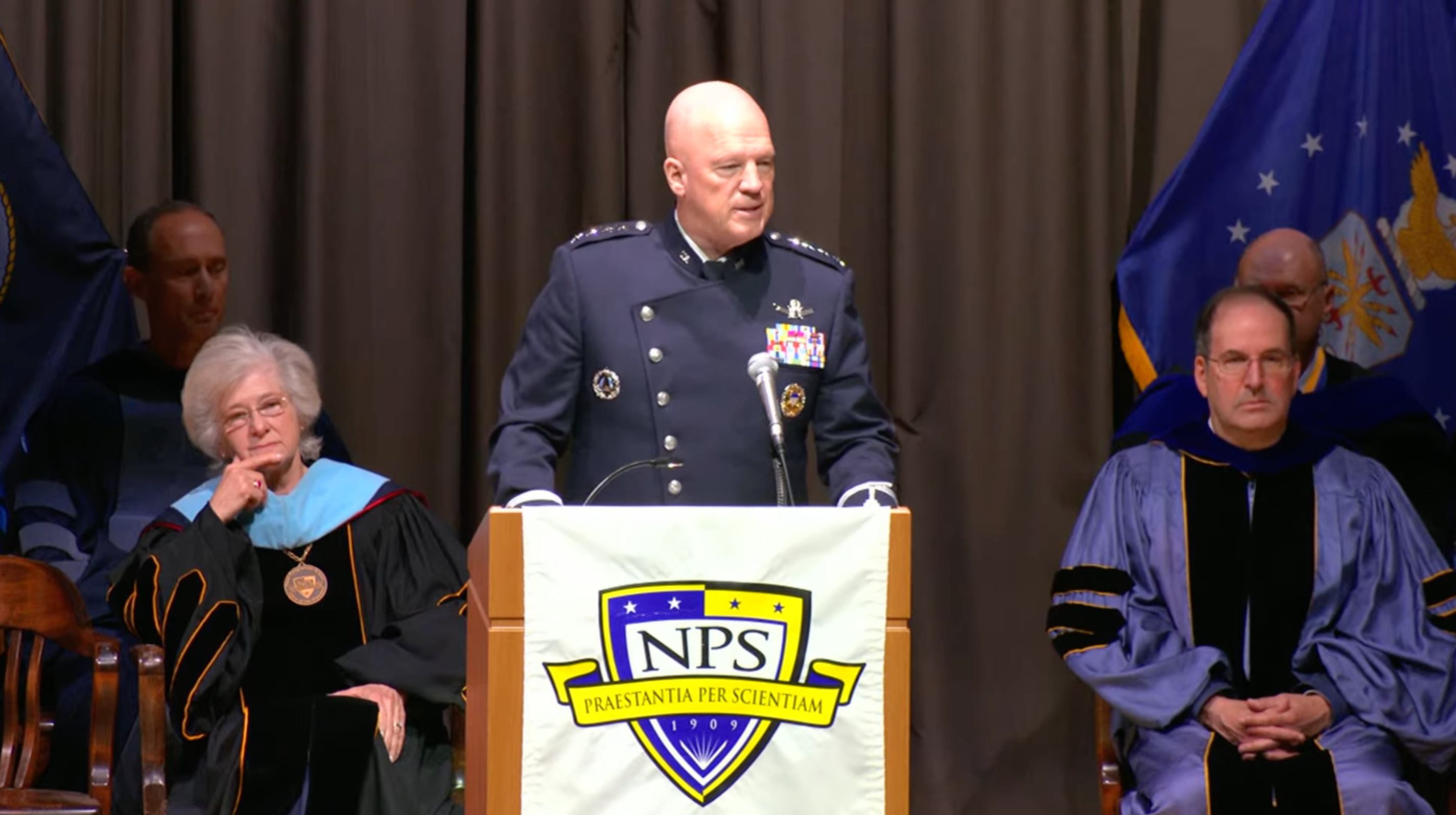JOINT BASE PEARL HARBOR-HICKAM, Hawaii—In past Pacific exercises, space capabilities came into the picture after the fact—supposition over what Air Force Space Command might have done had it been involved.
Since the creation of the Space Force, however, small teams of Guardians assigned to Pacific Air Forces and U.S. Indo-Pacific Command have been tasked with assuring that space effects are incorporated into all exercises, but some work is falling through the cracks.
Current Space Force leaders at PACAF say the small number of Guardians planning exercises and advising both INDOPACOM commander Adm. John C. Aquilino and PACAF commander Gen. Kenneth S. Wilsbach are not enough. What’s more, as allies and partners stand up their own space components, Space Force Guardians are needed to coordinate the joint force, allies, and partners to unite efforts against rising threats posed by China, Russia, and North Korea.
“We’re short-handed all over, but we look at our allies and partners” to supplement, said PACAF deputy director of space forces Space Force Lt. Col. Walt Priebe.
“Hopefully, here over the next couple of years, we’re going to grow in our manning to be able to handle the workload, because right now, with the small staffs we have out here between PACAF and INDOPACOM, [there is] just way more work than we can handle,” Priebe told Air Force Magazine during an interview at PACAF headquarters at Joint Base Pearl Harbor-Hickam, Hawaii.
“Where does the work happen?” Priebe posed. “It happens down at the action officer level. So, by bringing in more Guardians, now we can get more folks down to those action officer levels for mission planning pieces, for strategy development—when it comes to exercises, getting space integrated more into each of the scenarios and events.”
The deputy director, who spent two decades with Air Force Space Command before becoming a Guardian in September 2021, said leadership has taken note. But before billets can be created and Guardians trained, decision memos need to be signed at the most senior levels of the Pentagon.
“Senior leadership in Space Force and [U.S. Space Command], they see it, they know it, and it’s just a matter of trying to get bodies,” he urged.
Leveraging Allies and Partners
The shortage of space operators at the Defense Department’s Pacific commands is also keeping the U.S. military from leveraging the power of regional allies such as Japan, South Korea, Australia, and New Zealand. All have launched space assets that can be shared in a way that better protects the global community from bad actors in space, and most have stood up their own space defense groups.
“All these things are huge movements forward into the greater community of supporting each other and bringing capabilities together to make everybody better off,” Priebe said.
“It’s very expensive and very complicated—there’s just too much out there,” he said of the space threat and components needed to respond. “So, being able to have our joint partners supporting us in these endeavors is very important.”
The Space Force now has over 8,000 Guardians and a budget proposal of $24.5 billion for fiscal year 2023, but China has invested heavily in space capabilities in recent years while the United States was preoccupied with the wars in Afghanistan and Iraq. U.S. objectives in space are broad but limited by personnel and assets.
“That’s where we come in as the Space Force,” Priebe explained. “Our international engagements … try to help those other countries, support them as they grow, but also bring them into the fold so that we can all work together to cover the globe when it comes to space.”
The Space Force currently has about 200 Guardians on Oahu island advising the PACAF and INDOPACOM commanders on key space capabilities and working to integrate space into exercises. The Guardians’ duties include planning, communications, and intelligence.
“We make sure space is getting integrated into the exercises,” Priebe explained. “In the past, there was a lot of hand waving just because people didn’t know how to either request the support or what the effect would look like. So, they just kind of said, ‘Well, we would have done this.’ And something that we’ve been striving [for] over the last decade is changing that.”
The increased tasking has demonstrated a need for more Guardians in the theater so that PACAF and INDOPACOM can conduct joint exercises that leverage the Space Force and the space capabilities of the other services.
In recent weeks, Space Force Lt. Gen. B. Chance Saltzman, deputy chief for operations, cyber, and nuclear, has said that the Defense Secretary is nearing a decision that would create a Space Force component command at U.S. Indo-Pacific Command, a move that would strengthen space integration across the services operating in theater.
“The biggest thing with that is just there’s going to be such a larger footprint of Guardians on island than we currently have,” Priebe said.
The establishment of the service component and an estimated 50 additional billets will allow the Space Force to adapt new policies, procedures, and ways of doing things “at the speed that space happens.”
“When you’re fighting in a space war, you don’t have days or a day to readjust, you’ve got hours, maybe minutes to readjust things,” Priebe said.
Priebe has already noticed that the Space Force’s flat structure is streamlining decision-making. While the Air Force must go from squadron to group to wing to reach a decision-maker, the Space Force structure moves from delta to field command to Chief of Space Operations Gen. John W. “Jay” Raymond.
“The speed at which we can have communication, make things happen, is absolutely wonderful,” Priebe said. “We’re just really waiting on the bodies to get here to be able to support better.”
While Priebe focused on the required growth in Guardians at PACAF and INDOPACOM in Hawaii, he said having Guardians with detachments at key ally locations such as Australia, South Korea, and Japan would demonstrate U.S. commitment to growing and better integrating with those partner forces. Presently, three Guardians are in South Korea and one is in Japan supporting U.S. commanders. Their primary responsibility is not a security cooperation job, which is designed to work closely with a partner nation.
“So, we put a heavy ask on them to kind of step outside their lane and go do these things for us,” Priebe admitted.
Deterring China in Space
China and adversaries have “taken notice” of the creation of the Space Force and the stand up of allies’ space components, Priebe contended.
“By having people there on the ground, we understand what our allies are going through. We can see what’s happening to them,” he said. “Or, more importantly, here’s what our allies are bringing, and we can feed that into our larger Space Force.”
China has demonstrated and wants to be a pacing country for space launch, Priebe explained. Likewise, China maintains a space station that has rotated two crews and received five resupply modules.
“It’s showing China that they can’t just steamroll over other countries,” he said. “It’s showing them that it’s not just one competitor they’re going against anymore. It’s globally.”
